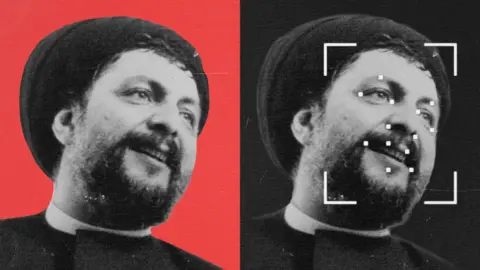Willet, aged 47, was previously arrested in Switzerland last year when he was present during the death of the woman utilizing the Sarco capsule, a device designed for assisted suicide. According to an obituary posted by Philip Nitschke, the inventor of the Sarco, Willet died through assisted suicide himself, although specific details surrounding his passing remain unclear. The police in Germany have yet to provide any statements regarding the incident.
The controversy surrounding Willet began after he was detained along with three others by Swiss authorities, accused of “aiding and abetting suicide” during the incident. His subsequent release from pretrial detention in December reportedly left him significantly changed, as noted by Nitschke, who described him as deeply traumatized by the accusations and his time in custody, which overshadowed his previously vibrant demeanor.
The case has reignited intense debate regarding assisted dying in Switzerland, a country known for more permissive euthanasia laws compared to many nations. In recent years, increasing numbers of individuals seeking assisted death from organizations like The Last Resort have made the topic of euthanasia more pivotal in ethical and legal discussions worldwide. Willet's passing raises further questions about the emotional toll on those involved in these sensitive cases and the ongoing complexities surrounding the right-to-die movement.
The controversy surrounding Willet began after he was detained along with three others by Swiss authorities, accused of “aiding and abetting suicide” during the incident. His subsequent release from pretrial detention in December reportedly left him significantly changed, as noted by Nitschke, who described him as deeply traumatized by the accusations and his time in custody, which overshadowed his previously vibrant demeanor.
The case has reignited intense debate regarding assisted dying in Switzerland, a country known for more permissive euthanasia laws compared to many nations. In recent years, increasing numbers of individuals seeking assisted death from organizations like The Last Resort have made the topic of euthanasia more pivotal in ethical and legal discussions worldwide. Willet's passing raises further questions about the emotional toll on those involved in these sensitive cases and the ongoing complexities surrounding the right-to-die movement.





















